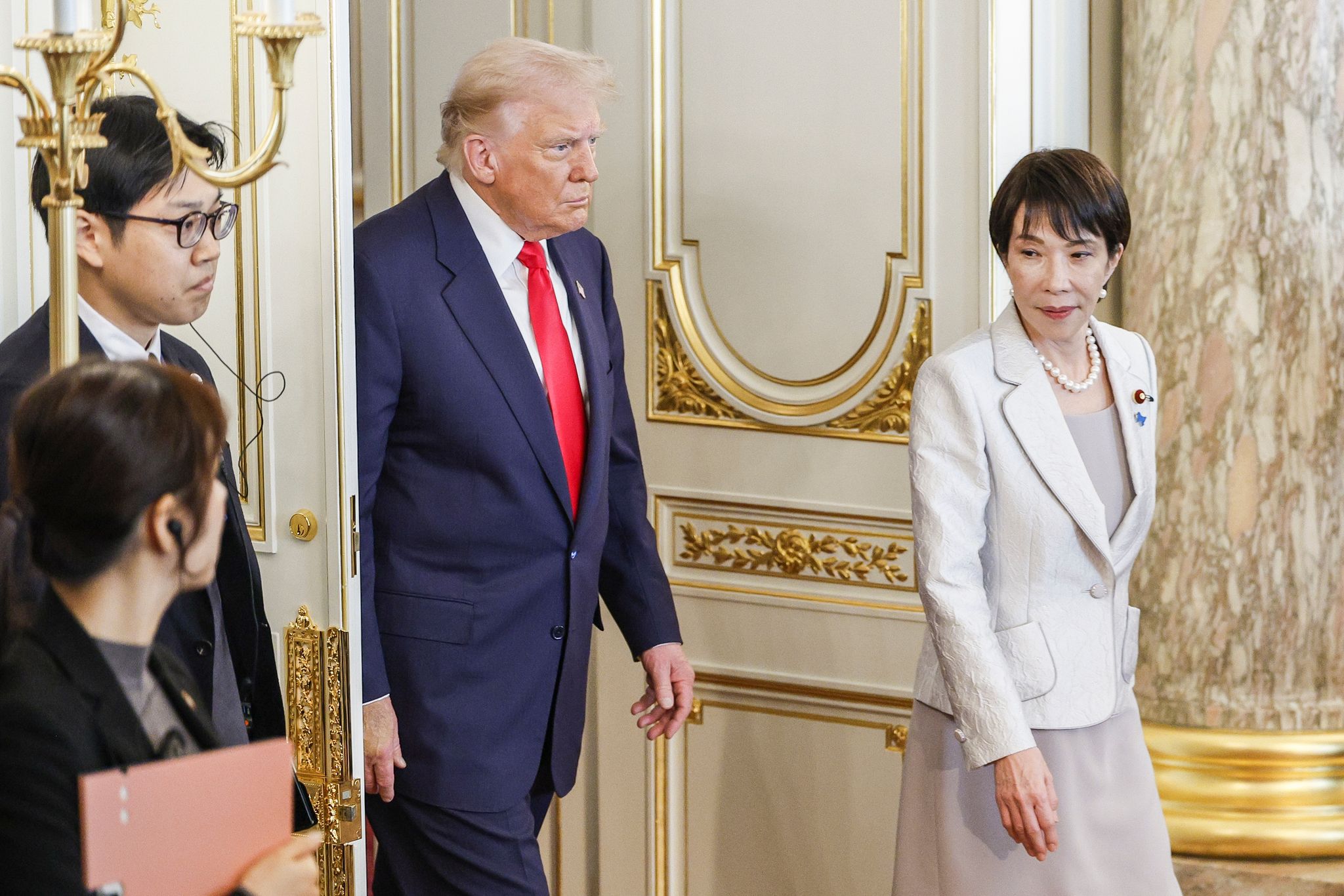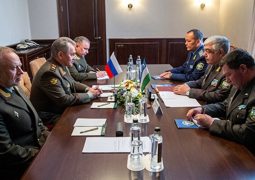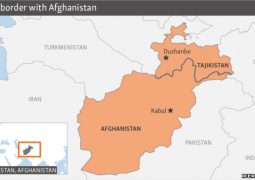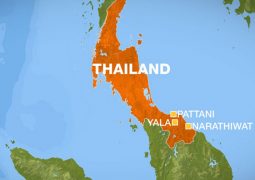Japanese PM Sanae Takaichi: Military attack on Taiwan would justify SDF support


Prime Minister Sanae Takaichi isn’t shying away from the hot button issue of Taiwan that her predecessors tread lightly on, citing a condition for Japan to provide support in exercising its right of collective self-defense.
Responding at the Nov. 7 Lower House Budget Committee, Takaichi said that the use of military force by China on Taiwan such as a naval blockade would likely constitute a “survival-threatening situation” that would force Japan to respond.
However, Takaichi prefaced her remarks by following the script used by past prime ministers.
When asked by Katsuya Okada of the main opposition Constitutional Democratic Party of Japan what she considered to be a survival-threatening situation, Takaichi said, “A judgment must be made after comprehensively assessing all information in line with the individual and specific circumstances of what has actually occurred.”
Takaichi said a line of private ships from China surrounding Taiwan would not constitute such a situation. However, if China conducted the naval blockade while military fighting was taking place, that would constitute a survival-threatening situation and the Self-Defense Forces would be sent to provide support, she said.
Okada likely asked the question because Takaichi while running for president of the Liberal Democratic Party in the past clearly stated that a military contingency by China against Taiwan was, in effect, a military action against Japan.
The conditions for exercising the right of collective self-defense were included in national security legislation passed in 2015 by then Prime Minister Shinzo Abe.

But although Takaichi considers herself the true successor to Abe, he never as prime minister brought up a possible attack on Taiwan as warranting a defense response by Japan.
During Diet deliberations on the national security legislation, Abe cited as possible examples of a survival-threatening situation providing cover for U.S. military ships transporting Japanese nationals from war zones and mine-sweeping operations in the Strait of Hormuz, a vital sea lane for petroleum exports to Japan.
Prime Minister Fumio Kishida in 2024 said it was difficult to generalize about what constituted such a threatening situation because information from each individual and specific situation would have to be assessed comprehensively to make a judgment.
Discussions between Japanese and U.S. officials handling defense and foreign policy have only agreed that Japan should step in if U.S. troops and bases providing support to Taiwan came under attack from China.
Japanese prime ministers have been hesitant about clearly describing an attack on Taiwan as a survival-threatening situation because doing so would antagonize Beijing and lead to heightened tensions between Japan and China.
A high-ranking Foreign Ministry official said Takaichi’s response on Nov. 7 was a reflection of her own views because the briefing notes provided by the ministry did not go as far.
But her positions are not unique among conservative elements in the LDP.
After stepping down as prime minister, Abe said a military contingency in Taiwan was one directed at Japan and Taro Aso, a former prime minister, has said Japan should be prepared to fight if a military contingency occurs in the Taiwan Strait.
(This article was compiled from reports by Yoshiyuki Komurata, Keishi Nishimura and Nobuhiko Tajima.)
- Previous Asahi: Japan eyes nuclear subs after U.S. gives OK to S. Korea
- Next CNN on oil reserves of South America: Venezuela in mind and coming conflict










